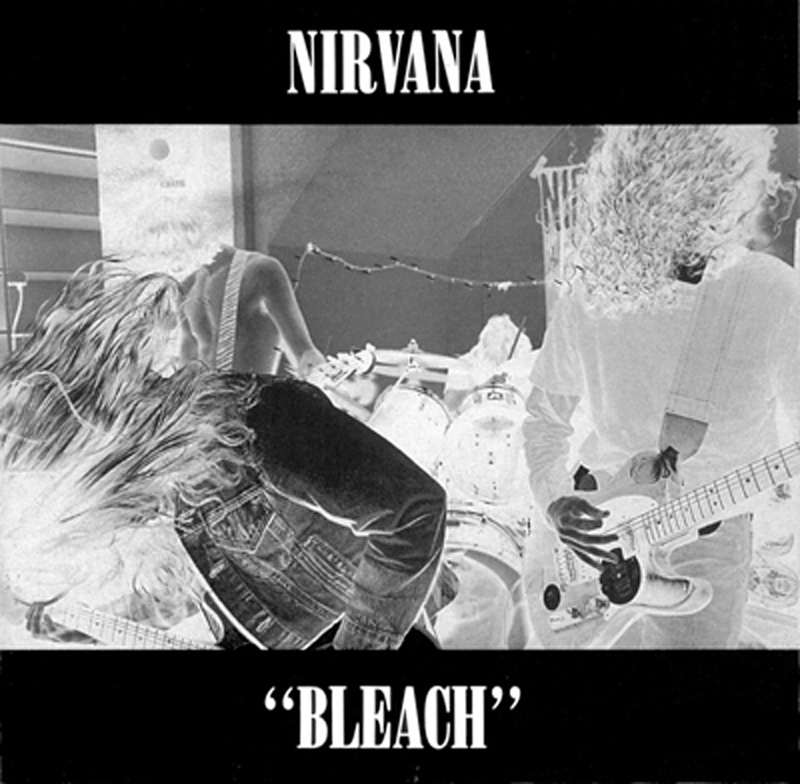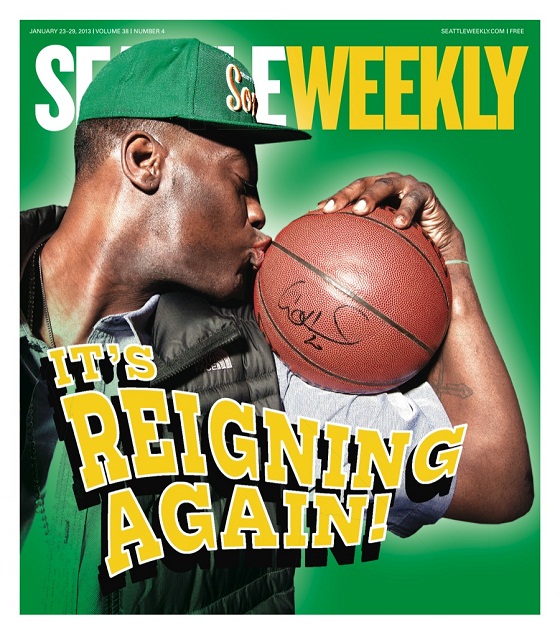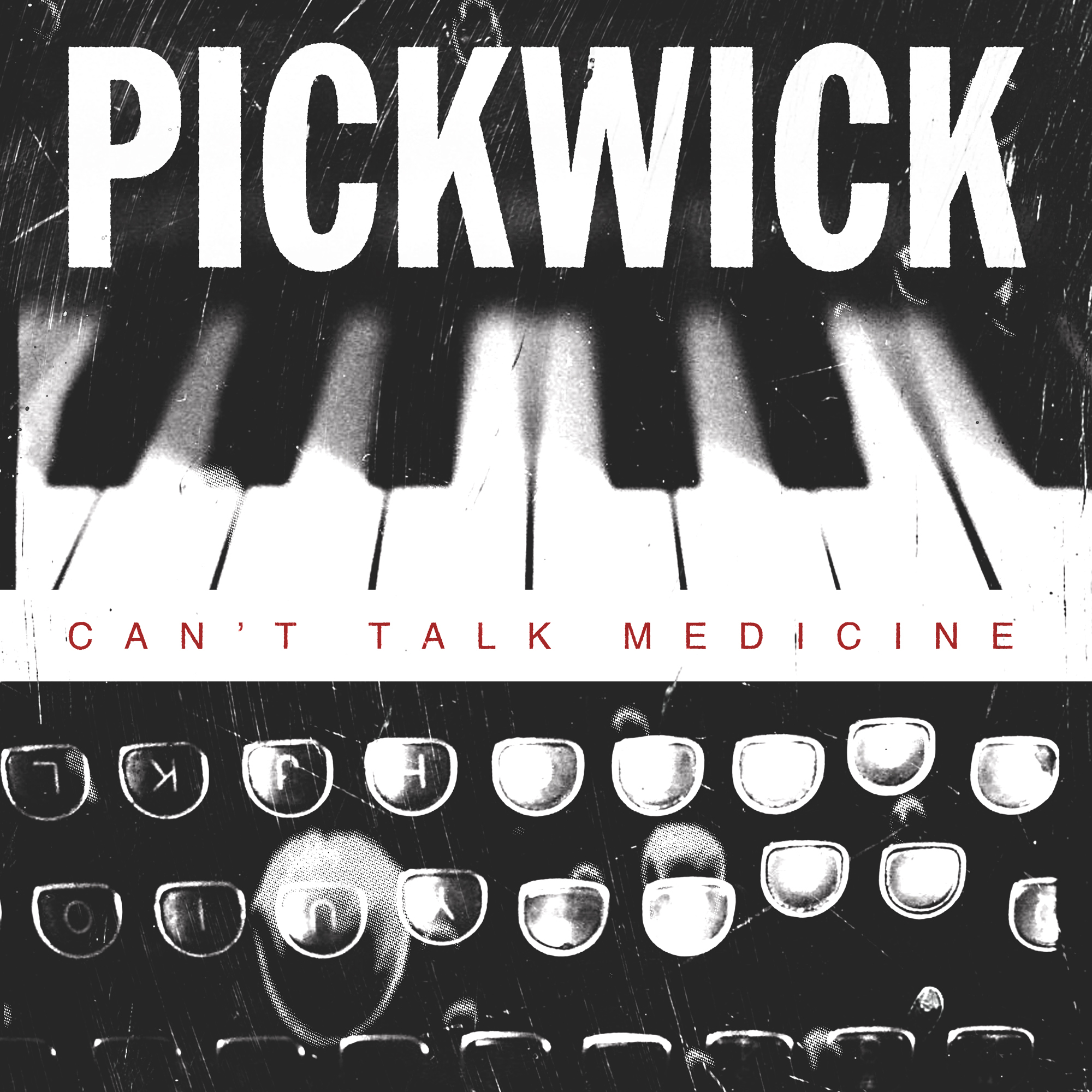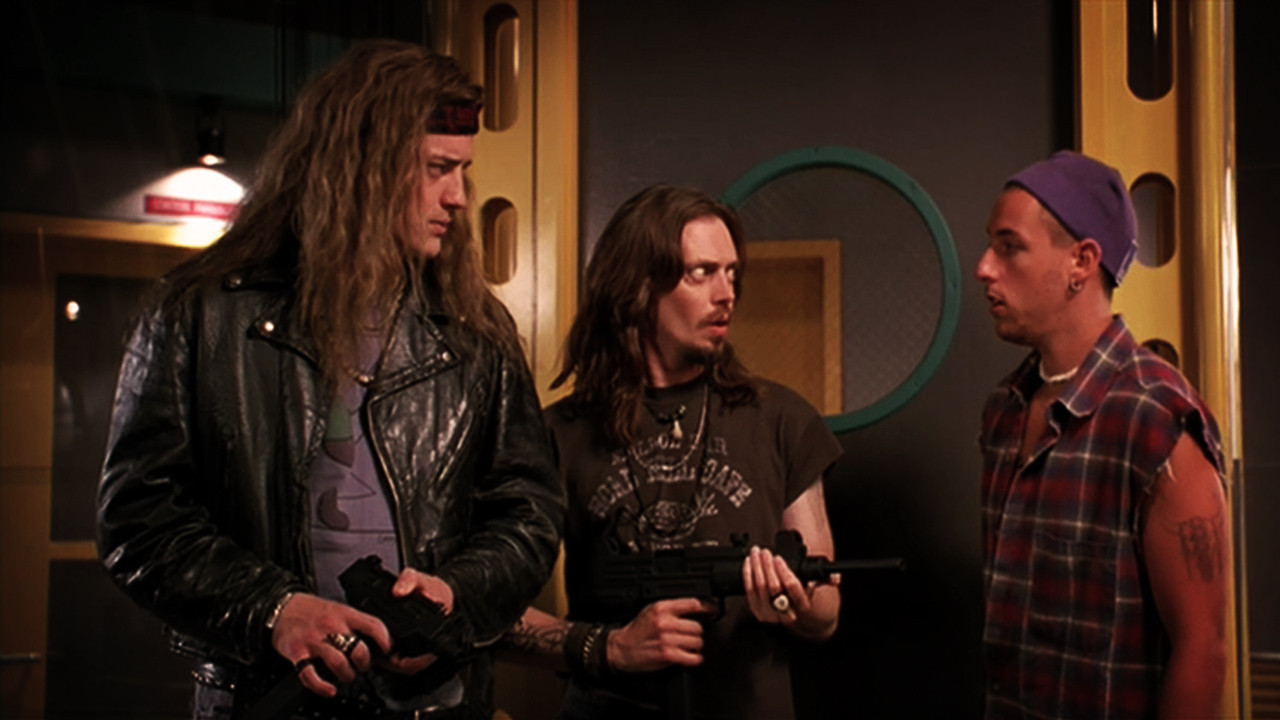Because Krist Novoselic writes a column for our Daily Weekly blog, and because the Nirvana co-founder can be difficult to track down, many people try to reach him through us. Last week we got an e-mail from an enterprising university student who wished to interview “Mr. Novoselic about the previously unreleased Nirvana album Bleach.” It’s an honest, and unsurprising, mistake.
Released in 1989 and getting a deluxe reissue from Sub Pop on November 3, Bleach may well have been made before the student was born. But even at the peak of Nirvana’s popularity, Bleach remained something of an afterthought, as Kurt Cobain acknowledged when he introduced “About a Girl” on MTV Unplugged in 1993: “This is off our first record. Most people don’t own it.”
It’s worth going back to for a fresh—or first—listen, even two decades after the fact and long after grunge was laid to rest. Bleach is rougher, sludgier than its brothers. It’s not as polished. It magnifies the band’s punk, metal, and pop influences, which when married seamlessly two years later on Nevermind captured audiences’ imaginations as no other band of its generation would. Bleach—recorded before drummer Dave Grohl joined Novoselic and Cobain—breaks down what made the band great, and getting to know the record helps the rest of Nirvana’s catalogue shine.
In Seattle Weekly‘s look at Bleach and its legacy, Novoselic interviews the drummers on the record, Dale Crover and Chad Channing, talking about the painted dolls, “Big Cheese,” and potato chips that made Nirvana’s “Doom Pop” sound possible.
Gillian Gaar, a former writer for The Rocket and author of the recent Rough Guide to Nirvana, reminds us that “the hooks that run through ‘School,’ ‘Negative Creep,’ and ‘Blew’ were just waiting to be more fleshed out, developed into the sound that would ultimately explode in the mainstream consciousness.”
And producer Jack Endino, the man behind the board at the recording sessions, points out that it was during the time that Nirvana was demo-ing for and recording Bleach that Cobain began to move toward a sound that was “even less punky, a little more overtly pop, and yet the guitars are still not turned down.” In short, exactly what we came to love about Nirvana.








